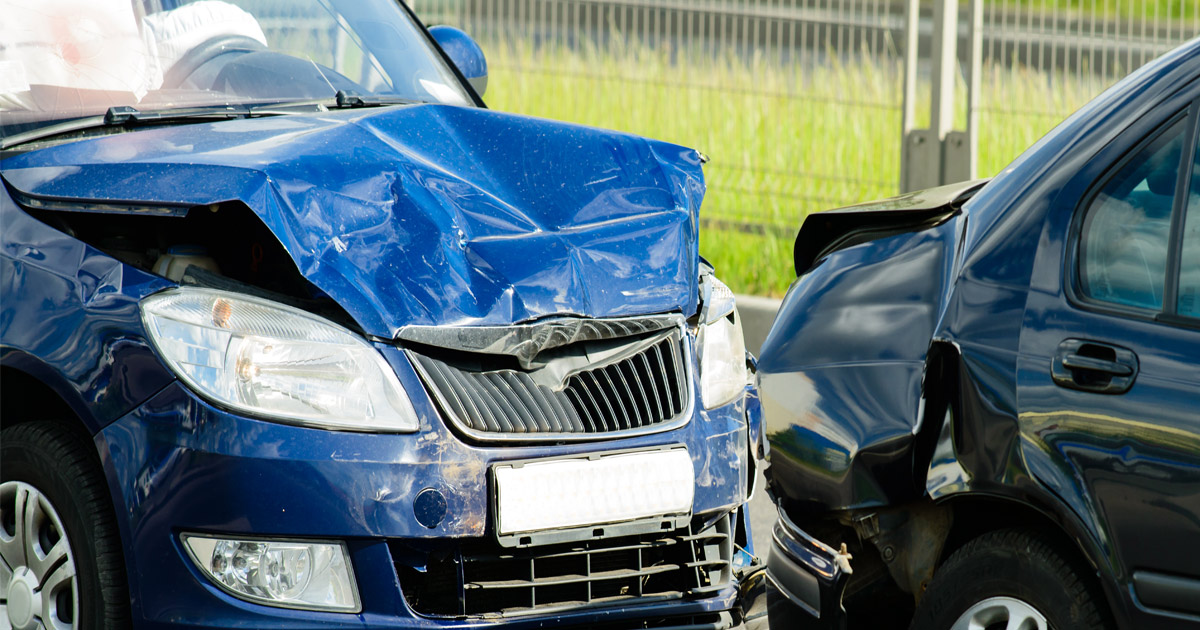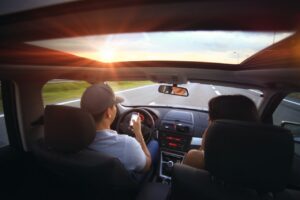You will most likely be involved in at least one car accident during your lifetime. Car accidents are expensive, even minor ones can cost drivers thousands of dollars. It is important to understand the different types of auto insurance policies and what these policies cover if a car accident occurs. Read on to learn about third-party liability and how an attorney can help establish liability in your car accident case.
Understanding the Difference Between First-Party and Third-Party Liability
You are covered if you get into a car accident when you pay for your car insurance because you are the first party. ‘Third-party liability’ means that the insurance company will only cover the other person involved in the accident. Insurance will pay for their medical bills and damages after a third claim is filed against the at-fault driver.
Suppose you are the driver involved in an accident (first-party) and only have third-party liability through the insurance company (second party). In that case, your insurance company will only cover the injured passengers (third party) after they file a claim.
As the insured driver, you are responsible for covering your damages as the insurance company is only required to cover the third party and those damages, and so forth.
First-Party Insurance vs. Third-Party Liability
Third-party liability is an insurance policy where the insurance will only cover damages that occurred to another person involved in an accident with the insured driver. To collect compensation following a car accident, the injured party needs to file a third-party claim with the at-fault driver’s insurance.
If a driver’s policy includes third-party liability insurance and a car accident occurs, the injured passengers (third party) can file a third-party liability claim with the driver’s insurance company (second party). The insured driver will need to cover their damages, as the insurance company is only required to compensate the third party.
Whether or not a third party is responsible for an accident depends on whether the at-fault third party drove negligently. Individuals are negligent when they drive a car without caution, and their actions cause an injury. A party’s actions or inactions may be careless when they do not comply with laws, regulations, or policies. A negligent party is responsible for the damages that their negligence causes unless a legal defense applies.
Is Third-Party Liability Required When You Obtain Car Insurance?
In many states, third-party liability is the minimum type of insurance that automobile drivers should hold. Two types of auto liability insurance exist, bodily injury and property damage. The first covers medical bills, medications, and emotional damages, while the other covers costs for damages to the automobile or other property. These expenses add up quickly after an accident, so it is better to be insured than not, and it is often illegal to drive uninsured.
Talking with an attorney after you have been involved in an accident is crucial. Insurance companies sometimes avoid paying settlements to someone injured in a car accident. If you have been involved in a car accident and need help fighting for your rights to compensation, you should never wait to contact a car accident attorney as soon as possible.
Examples of At-Fault Third Parties in a Car Accident
Apart from the at-fault drivers themselves, depending on the details of each case, there may be numerous other at-fault third parties liable for a car accident. Here is more information about other at-fault third parties.
- Government Entities: Government entities responsible for building or maintaining roads may be liable for creating dangerous driving conditions, including limited or inadequate road signs or stoplights, overgrown vegetation, and limited crosswalks and walkways.
- Contractors and Construction Teams: Contractors, subcontractors, and construction teams may be liable for designing unsafe roadways and poorly crafted construction plans, including traffic management plans, error-prone construction signage, misplaced warning signs, improper use of construction equipment, and negligent construction that causes danger to motorists.
- Road Maintenance Crews: Road maintenance crews may be responsible for accidents when they fail to place proper signs and warnings for drivers and misuse maintenance equipment.
- Employers: When employees cause an accident while at their place of employment, their employer may be held liable for the accident. It is important to analyze who owns an at-fault driver’s vehicle, the at-fault driver’s employment status, the at-fault driver’s purpose for driving when the accident happened, and whether the at-fault driver had the necessary qualifications to operate the vehicle.
- Bars and Restaurants: A bar or restaurant may be liable when they overserve alcohol to someone who drives drunk, and that person causes an accident.
- Negligent Entrustment: A vehicle owner can be liable if they allow someone to drive their car knowing that the driver is inexperienced, unlicensed, or has a reckless driving history.
- Passengers: A passenger may be accountable for an accident if the passenger interfered with the driver’s ability to operate the vehicle or encouraged a negligent driver to drive the car.
- Product Manufacturers: The vehicle manufacturer or its parts may be liable for an accident if a product or manufacturing defect causes an accident.
Lawsuits Against At-Fault Third Parties
Bringing a claim against a third party is a complicated process. An injured party needs an attorney to handle these complex cases. Depending on the third party involved, an injured party may need to bring claims within different judicial systems—for example, state or federal court and the Industrial Commission. Depending on who the at-fault parties are in an accident, various laws and regulations may guide the standards of care or negligence standards involved. These claims may require practical discovery tools, such as FOIA requests.
Resolving these claims and maximizing the injured party’s recovery is complicated. For example, improper paperwork in early settlements can negatively impact and even bar an injured party’s recovery against potentially more significant recoveries from other third parties who contributed to the accident.
How Can I Benefit from Third-Party Liability Insurance?
If you have been in a car accident and are being blamed for negligent driving, the third-party person involved could file a claim against you. However, third liability insurance protects you from a costly financial burden.
If you have third-party insurance, then you will not be personally responsible for paying medical bills or property damage costs. The insurance company that the third-party claim will be filed against will cover the costs.
Third-party insurance policies cover the following:
- Legal fees
- Property damage
- Medical costs including medical expenses, bodily harm, and physical assets
Depending on how much you put into this insurance policy, there will be limits on how much third-party liability insurance will cover.
Finally, third-party liability insurance will protect you from being liable for costly expenses. It may be more expensive at first, but it is worth protecting your and your family’s assets, like personal property, savings account, or future wages.
Several factors can contribute to a car accident, including the actions or inactions of a third party. Liability cases can be complex. It is imperative to involve an professional and committed attorney to ensure the protection of an injured party’s rights and to provide direction during the legal process.
A Dayton Car Accident Lawyer at Wright & Schulte LLC Can Help You Establish Liability After a Car Accident
A Dayton car accident lawyer at Wright & Schulte LLC can provide skilled guidance with the challenging legal process after a car accident. You can call us at 937-222-7477 or contact us online to schedule a free consultation. From our office in Dayton, Ohio, we serve clients in Cincinnati, Columbus, Cleveland, Centerville, Toledo, Youngstown, and Miamisburg.



